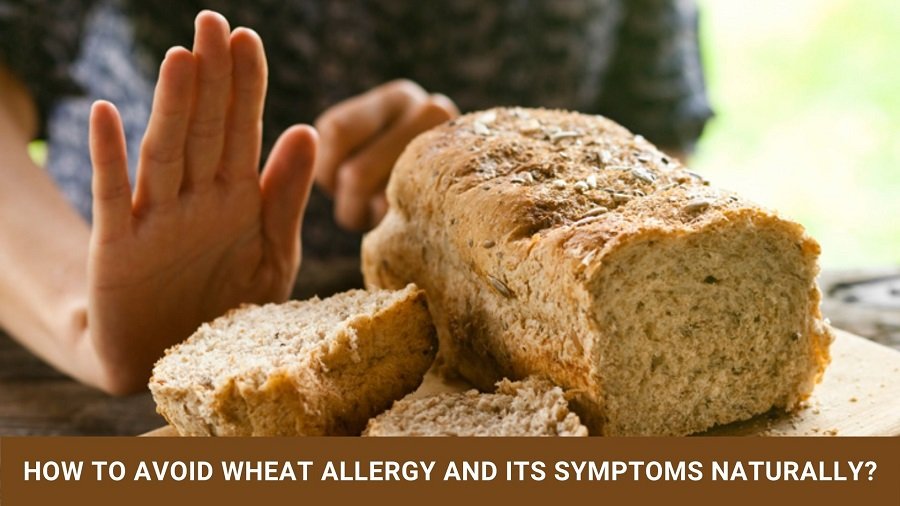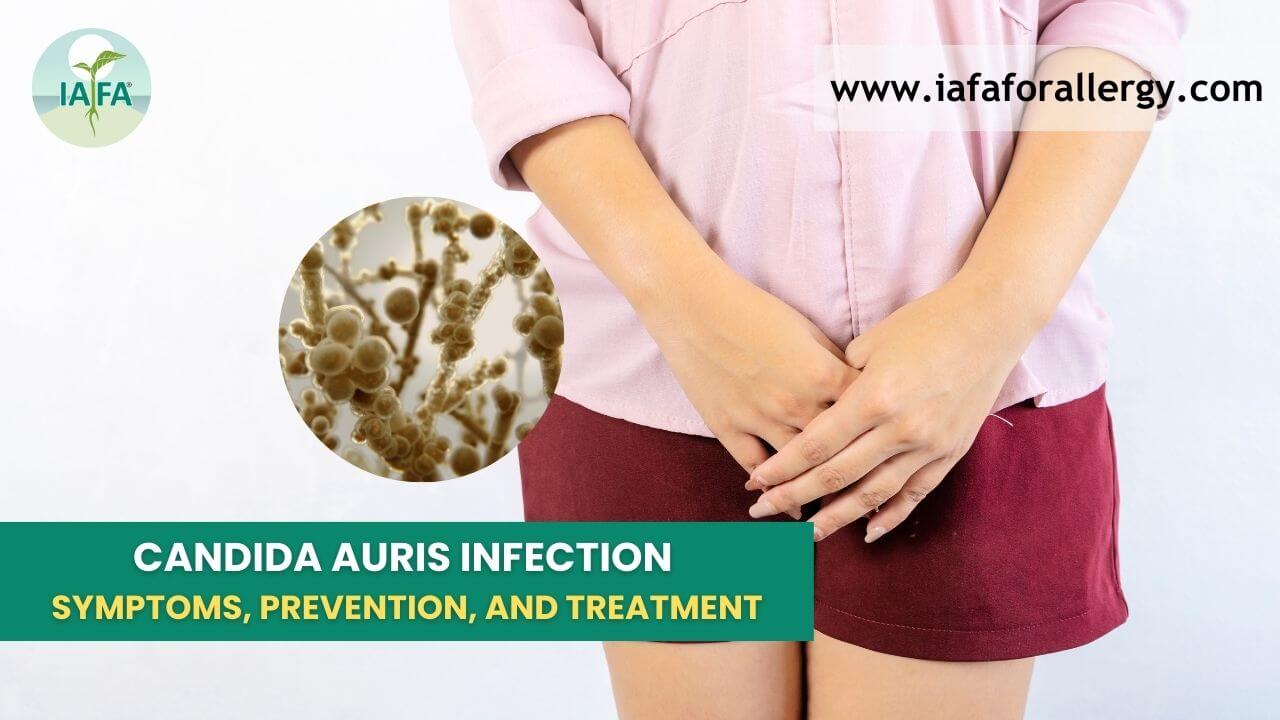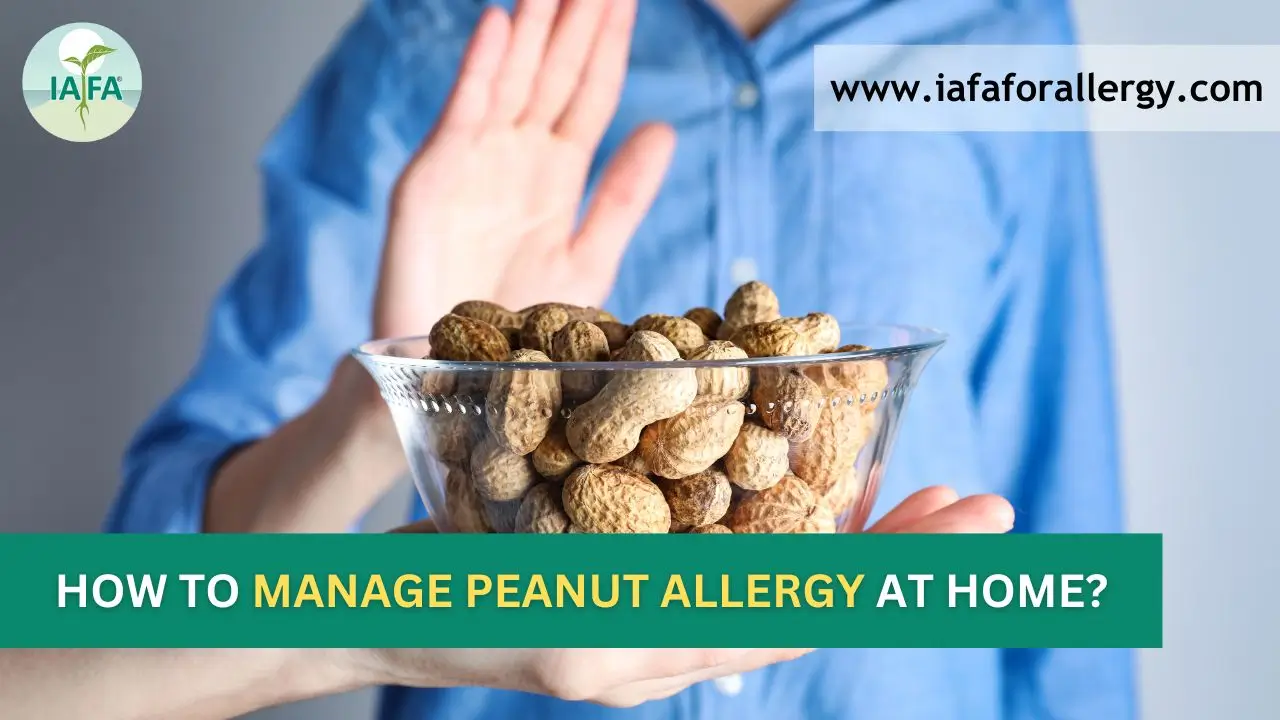Overview
Wheat allergy is one of the few most common allergies developed during childhood. Though most children suffering from this allergy outgrow it, there are a few cases where it continues even during adulthood. A person who is allergic to wheat develops antibodies against one or several wheat proteins. So, it’s very important to get safe and effective medications to avoid wheat allergy and its symptoms naturally.
Symptoms of Wheat Allergy
People often confuse wheat allergy with celiac disease which is not the case. Celiac disease is an autoimmune condition where a person’s digestive tract is affected. Wheat allergy, on the other hand, leads to the release of antibodies by the immune system as it considers wheat and its protein as a threat to the body, which is responsible for the onset of allergic symptoms. These symptoms primarily include:
- Swelling of the mouth or throat
- Itching and irritation around the same.
- Nasal congestion
- Shortness of breath
- Diarrhea
- Hives or development of an itchy rash
- Nausea or vomiting
- Stomach cramps
- Anaphylaxis
Anaphylaxis is a life-threatening condition that is one of the most severe symptoms of a wheat allergy. Apart from the above-mentioned symptoms, anaphylaxis causes the following symptoms:
- Chest pain
- Tightness of throat
- Swelling around the throat
- Fainting or dizziness
- Difficulty in swallowing food
- Skin turning blue or pale
- Excessive difficulty in breathing
- Weak pulse
- An extreme drop in blood pressure
Causes of Wheat Allergy
An allergic reaction to wheat results due to the release of immunoglobulin antibodies in reaction to the following proteins present in wheat:
- Globulin
- Gliadin
- Albumin
- Gluten or Glutenin
Note that people may be allergic to one or more of these proteins.
Treatment of Wheat Allergy
The primary technique to avoid wheat allergy and its symptoms naturally are to restrict the consumption of wheat and its products. But it is easier said than done, as there are certain unidentifiable foods that contain wheat, and treatment of wheat allergy can only begin with the knowledge and the understanding of food items that contain wheat. Only then it is possible to eliminate these products from your diet to ensure hassle-free living. These products include:
- Vegetable gum
- Flavorings
- Monosodium glutamate
- Processed meats like hotdogs
- Meat, shrimp, and crab substitutes
- Gelatinized starch
- Modified food starch
- Hydrolyzed vegetable protein
- Dumplings
- Pasta
- Ice cream and cones
- Couscous
- Noodles
- Condiments like ketchup
- Sauces like Worcestershire sauce, soy sauce, etc.
- Root beer, beer, and ale
- Instant chocolate drink mixes
- Coffee substitutes
- Malted milk
- Breakfast cereals
- Bread
- Cookies
- Baked products like cakes, pastries, crackers, croissants, pretzels, waffles, muffins
- Semolina
- Spelt
Barley, rye, and oats also contain some proteins of wheat. A person who is allergic to wheat may also be allergic to either of these three.
Natural Treatment of Wheat Allergy
Natural treatment of wheat allergy by practicing a few home remedies is one of the most suggestive measures by Ayurveda. These are absolutely safe and easy to follow considering the use of ingredients that are readily and easily available at home. These include:
- Apples: Apples contain anti-inflammatory and antihistamine properties, so it is very useful in the conditions of wheat allergies.
- Ginger: Consumption of a few slices of ginger with black salt before meals is an excellent remedy for wheat allergies because of ginger’s aam pachak and its anti-inflammatory properties.
- Fennel and Cumin Water: Prepare a solution by equally combining fennel and cumin seeds and boiling them in water. Drinking this water daily helps in aiding digestion, clears accumulated toxins, and helps in secreting digestive enzymes.
- Fenugreek Seeds: A solution prepared by combining fenugreek leaves, Jaggery, and water is also an excellent remedy for relieving wheat allergy symptoms.
Conclusion
The Natural Treatment measures discussed in the article can provide considerable relief from the symptoms of wheat allergy. Apart from these measures, following a wheat-free diet is another option, but such a diet may lead to various deficiencies in the body as wheat is an important source of nutrition. Therefore, it is always advisable to connect with an experienced dietician or expert healthcare provider before beginning with a wheat-free diet.
For this, you can connect with the Ayurvedic and healthcare experts at IAFA®, who aim to treat the root cause of allergy-causing agents and provide relief from allergic symptoms. The dieticians at IAFA® can help you avoid wheat allergy and its symptoms naturally by providing a balanced diet that is free from wheat and its allergy-causing proteins but also provides complete nutrition to the body. So, book your appointment to consult now!








